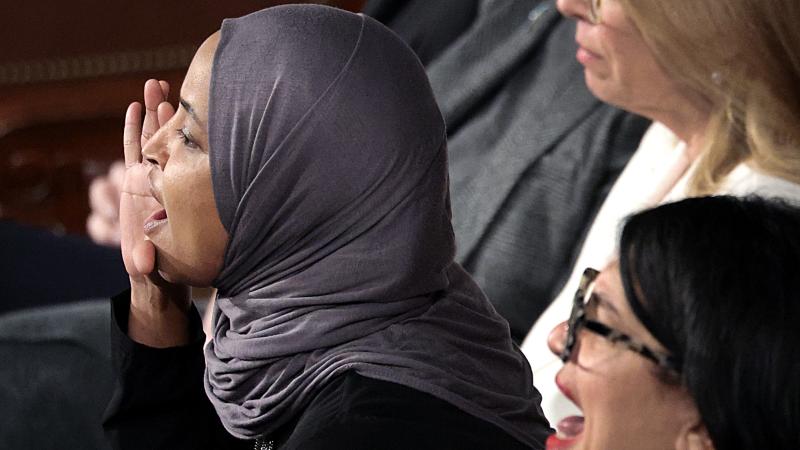Trump's attorneys seek disclosure of secret filings in classified documents case
The defense isn't seeking the disclosure of classified documents, but rather asking for Trump's attorneys to be able to review them and that redacted documents be filed in open court for the public and press.
Attorneys for former President Donald Trump asked the judge in his classified documents case to require the Special Counsel's Office to allow them access to materials filed under the Classified Information Procedures Act.
The defense isn't seeking the disclosure of classified documents, but rather asking for Trump's attorneys to be able to review them and that redacted documents be filed in open court for the public and press.
"For four years, President Trump acted on a public mandate to access the nation's most sensitive secrets for the benefit of the country," his attorneys wrote in the motion. "He was the central classification authority in the United States. Today, he is the leading candidate to assume that role again in 2025, despite politically motivated efforts by the Biden Administration to remove him from the election – including this case."
Trump's attorneys – Todd Blanche, Emil Bove and Christopher Kise – said prosecutors often unnecessarily claim materials should be filed under Section 4 of the Classified Information Procedures Act.
"The salient point is that prosecutors often contend – inaccurately, and perhaps based on improper pressure from Intelligence Community components with no regard for criminal defendants' rights and the public's access rights – that materials subject to a CIPA § 4 motion are too sensitive to be disclosed to the defense," they wrote. "[Past cases] are examples of courts rejecting that position without the resulting parade of horribles that the Special Counsel's Office has suggested would follow disclosure of its CIPA § 4 motion."
Trump, 77, the frontrunner for the GOP nomination to challenge incumbent President Joe Biden, has pleaded not guilty to 40 felony counts that allege he kept sensitive military documents, shared them with people who didn't have security clearance, and tried to thwart the government's attempts to get them back.















